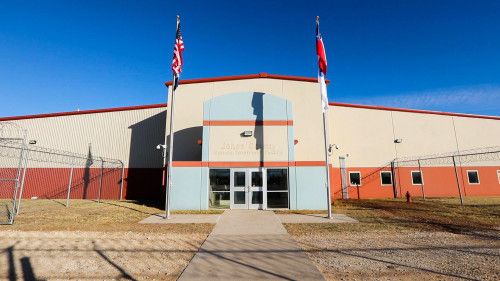By David Shepardson
(Reuters) – Delta Air Lines canceled more than 600 flights on Monday, as the U.S. air carrier continued to struggle to restore operations after last week’s global cyber outage, even as other airlines were recovering from the incident.
About 16% of Delta’s flights had been canceled as of 7:00 a.m. EST, according to data from FlightAware, out of roughly 1,100 flights to or from the United States overall, the web site said.
The issue has stranded thousands of Delta travelers across the United States, with some having to rent cars to drive hundreds of miles while others could have to wait days for new flights or cancel trips altogether.
The Atlanta-based airline is battling operational issues after the outage hit its crew tracking system. Delta’s total number of canceled flights since Friday has exceeded 5,000.
A Delta spokesperson did not immediately respond to an emailed request for comment.
A software update by global cybersecurity firm CrowdStrike triggered system problems for Microsoft customers, including many airlines, on Friday.
Although other U.S. airlines have largely recovered, Delta has struggled to return to normal. American Airlines had called off 1% of its flights on Monday, while United Airlines canceled less than 1%.
Delta shares were little changed in premarket trading on Monday.
Delta CEO Ed Bastian said over the weekend that the CrowdStrike issue affected its Microsoft Windows systems, snarling a critical application.
“One of our crew tracking-related tools was affected and unable to effectively process the unprecedented number of changes triggered by the system shutdown,” Bastian told customers in an email.
In a separate note, he told employees that Delta would continue to “tactically adjust” schedules to ensure safety.
Transportation Secretary Pete Buttigieg spoke with Bastian over the weekend, according to an official, reminding him of the carrier’s responsibilities to customers and the department’s enforcement role.
CrowdStrike said a significant number of the 8.5 million affected Microsoft devices were back online.
(Reporting By David Shepardson; Editing by Kirsten Donovan)





